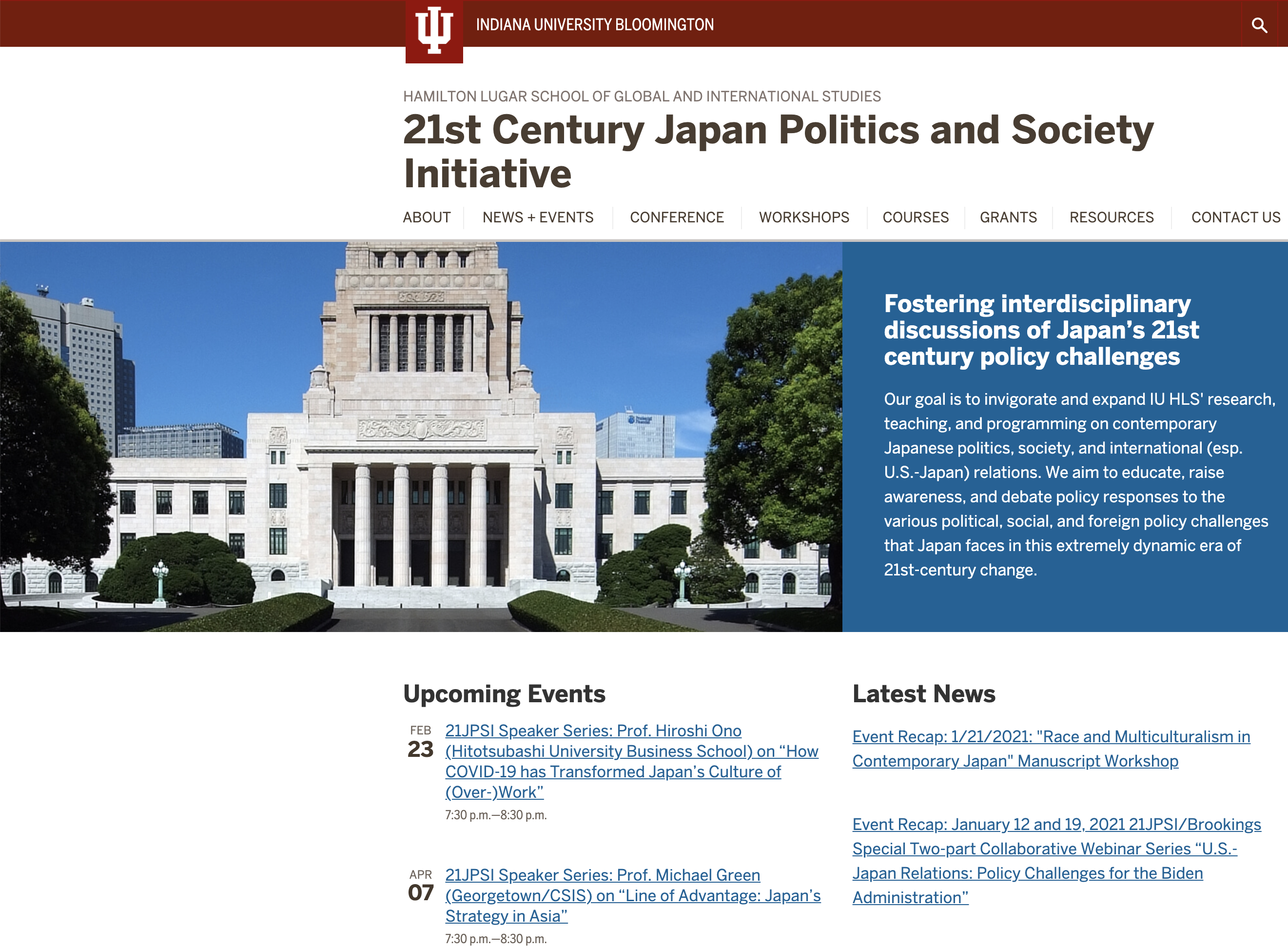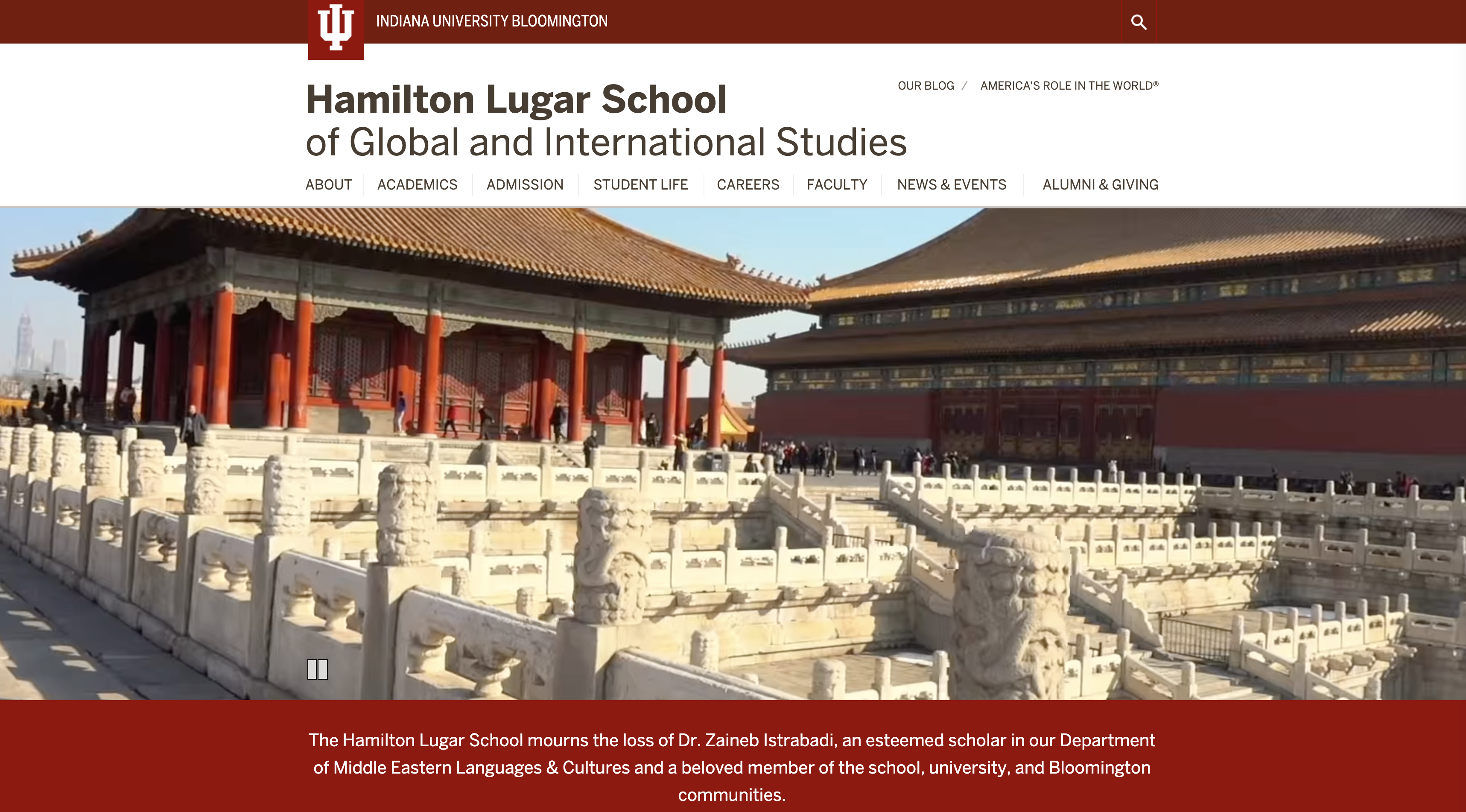My recommendations on “Challenges from China” for “U.S.-Japan Relations: Policy Challenges for the Biden Administration”
Andrew S. Erickson, “Challenges from China” presentation on “Panel 1: National Security and Politics” at “U.S.-Japan Relations: Policy Challenges for the Biden Administration,” Zoom event sponsored by Brookings Institution and Indiana University Bloomington, 12 January 2021.
As the Biden Administration enters office, the United States, Japan, and the Indo-Pacific face difficult challenges, particularly from the People’s Republic of China (PRC). The region is a very worrisome neighborhood for Japan, with direct implications for vital American interests. Beijing is attempting to carve out a zone of exceptionalism within which international rules and institutions—long taken for granted in Tokyo, Washington, and around the world—are subordinated to PRC policy preferences. The risk is greatest in what PRC strategists term the Near Seas—the Yellow, East, and South China Seas—home to all China’s disputed island and maritime claims. Here, Beijing continues to pursue coercive envelopment of claimed territories, together with the subjugation of less powerful neighbors. Of these three seas, the East China Sea contains the highest-stakes, most-intense risks: concerning both Taiwan and Senkaku Islands.
Major trends in the force structure China is developing and deploying to these ends pose particular challenges to Japan, the region, and the United States. China’s armed forces increasingly enjoy dominance in numbers and sufficiency in quality. Each of China’s three major armed services has its own sea force. The People’s Liberation Army Navy (PLAN), China Coast Guard (CCG), and People’s Armed Forces Maritime Militia (PAFMM) all answer to a military chain of command under paramount leader Xi Jinping himself. Each of China’s sea forces is the world’s largest in numbers of ships—by a significant margin. Regionally, the operations of these sea forces, as well as military flights, are significant and growing in worrisome ways.
As the U.S. seeks to confront the challenges posed by China, Japan is a uniquely important ally. Washington and Tokyo enjoy a comprehensive partnership built on a bedrock of shared values and highly compatible systems. When it comes to regional basing for U.S. forces, Japan with its archipelago of more than 6,000 islands is simply irreplaceable. The enduring nature of geography has positioned it astride both Asia-Pacific “island chains,” which strategists have repeatedly prioritized in great power competition over the past century. Upon that unparalleled foundation, Japan is enhancing its already formidable role in upholding power projection and regional access for U.S. forces as a comprehensive partner with growing capabilities and interoperability. Japan has unique opportunities to alter military dynamics in the Alliance’s favor through deployment of land-based conventional mobile missiles, both indigenously and in partnership with U.S. forces.
Going forward, the Biden Administration must prioritize the U.S.-Japan Alliance by leading from the front, firmly opposing and countering pernicious PRC behavior, and accepting friction and risk. President Biden should expeditiously appoint an Ambassador befitting the Alliance. This should be a senior professional with the President’s ear experienced in security and crisis management. Keeping Taiwan free, democratic, and part of an open Indo-Pacific is critical for the U.S.-Japan Alliance. The Biden Administration must recognize how vital Taiwan is to both American and Japanese interests in terms of values, politics, security, and such apex technologies as semiconductors and proceed accordingly.
CLICK HERE FOR AN EXPANDED VERSION OF THESE POINTS: Andrew S. Erickson, interviewed by Harry J. Kazianis, “How President Biden Should Support The U.S.-Japan Alliance,” 19FortyFive, 20 January 2021.
Event Recap: January 12 and 19, 2021 21JPSI/Brookings Special Two-part Collaborative Webinar Series “U.S.-Japan Relations: Policy Challenges for the Biden Administration”
Tuesday, January 19, 2021
On the eve of the inauguration of the Biden-Harris Administration, 21JPSI and the Brookings Institution Center for East Asia Policy Studies joined forces to convened eight leading experts from North America and Japan to discuss pressing foreign policy challenges for the U.S. and Japan under the new administration. The first panel focused on issues related to national security and domestic politics and was moderated by 21JPSI Director Adam P. Liff. The second panel focused on trade and other transnational challenges and was moderated by CEAP Director Mireya Solis. Both events were open to the global public, and attracted a combined total of over 400 attendees.
Full-length recordings of both panels are available at the following links, and concise summaries of speakers’ prepared remarks appear below.
- Panel 1: U.S.-Japan Relations: National Security and Politics (Watch the recording on YouTube) – January 12, 2021







































